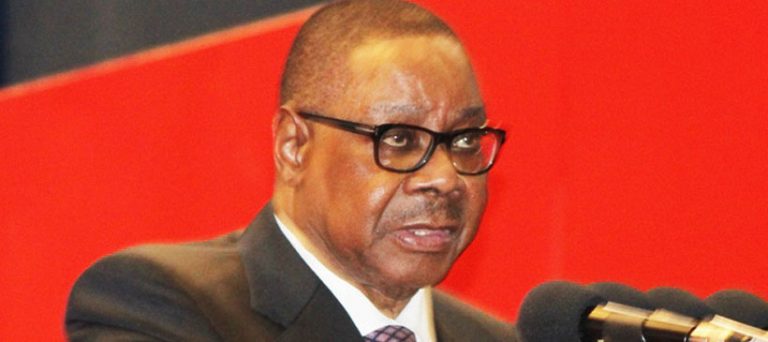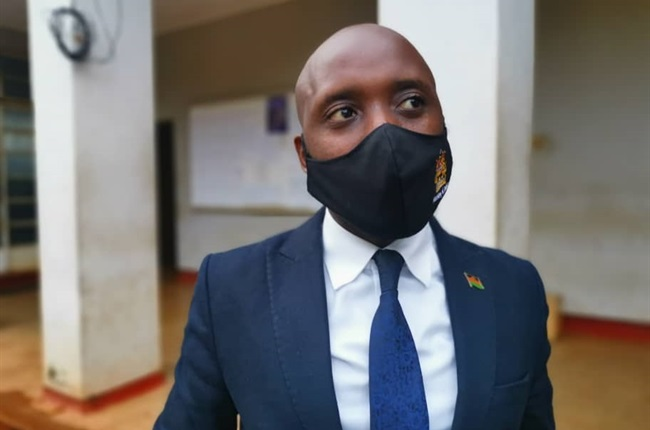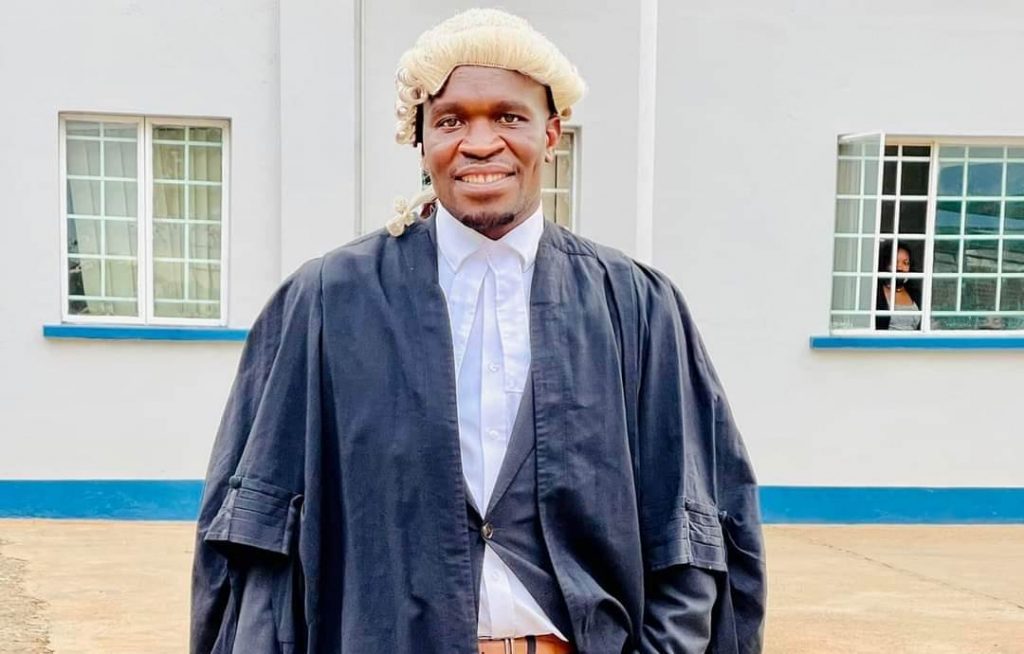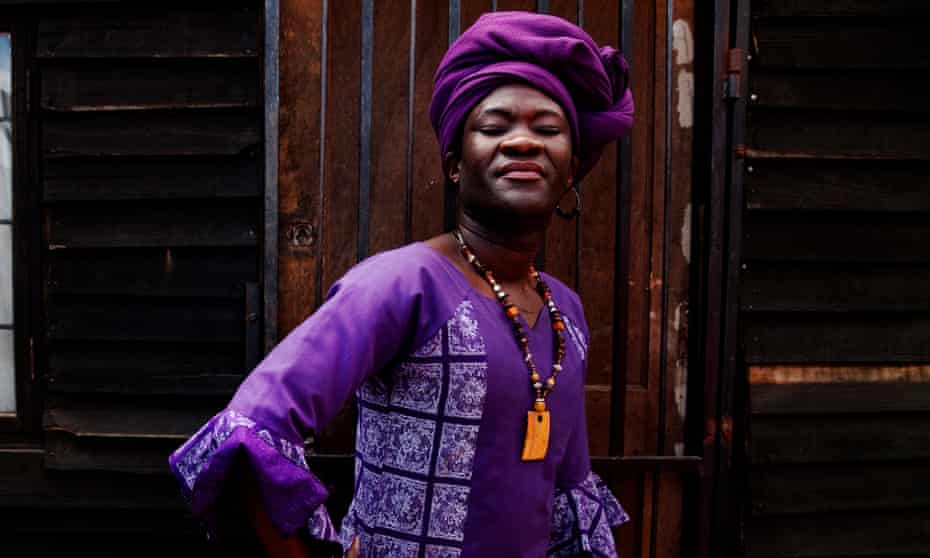The 2020 contract between businessperson Shiraz Ferreira and the Malawi Police Service is under investigation for suspected fraud, including failure to deliver items specified in the agreement. Despite the ongoing probe, the Malawi Government has so far paid 6.4 billion Kwacha to FDH Bank to settle a loan Ferreira took out to finance the deal. By Alex Batison Just before the 2020 presidential elections, the Malawi Government awarded a contract to controversial military supplier, Shiraz Ferreira, through his company, SF International, to provide vehicles to the Malawi Police Service (MPS). A month after the deal was signed, the government controversially issued Ferreira a sovereign guarantee, enabling him to secure a 5 billion Kwacha loan from FDH Bank to finance the procurement. A sovereign guarantee is a government commitment to a bank, assuring repayment of a loan on behalf of a person or company if the borrower defaults. Ferreira, meanwhile, is reported to have repaid only 2 billion Kwacha of the 5 billion Kwacha he borrowed from the bank. However, the remaining balance and accrued interest grew to 6.4 billion kwacha, which the Malawi government is now settling with FDH Bank on Ferreira’s behalf. Five years on, the Anti-Corruption Bureau (ACB) is still investigating whether Ferreira delivered the vehicles as contracted and other potential offences. However, documents obtained by the Platform for Investigative Journalism (PIJ) reveal that the Government of Malawi is in the process of paying the loan to FDH Bank on Ferreira’s behalf. Documents show that the Treasury issued seven promissory notes to FDH Bank, totaling K6.4 billion. One of the notes, signed by Secretary to the Treasury, Betchani Tchereni, on October 31, 2024 (reference FIN/DAD/P/5/1/158), paid FDH Bank. Some government sources estimate that SF International delivered less than 10 percent of the contracted items though. This development suggests that Ferreira was awarded a contract despite lacking the capacity to deliver, raising serious questions about due diligence and possible collusion. Procurement laws prohibit awarding contracts to suppliers who are unable to fulfill them. The government’s decision to settle Ferreira’s loan after he defaulted further highlights the irregularities surrounding both the awarding of the contract and the issuance of the sovereign guarantee — a government commitment to repay the loan in case of default. Cabinet approved the sovereign guarantee Despite lacking the capital to execute it, Ferreira was controversially awarded the MPS contract just weeks before the 2020 presidential elections. Within a month, he requested — and received — a government-backed loan guarantee. On June 10, 2020, in a letter addressed to FDH Bank, former Attorney General, Kalekeni Kaphale, confirmed that Cabinet had approved the guarantee and deemed it compliant with the Public Finance Management Act. Attorney General, Thabo Chakaka rejected another loan guarantee request As previously reported by PIJ, two years after securing the police contract bank guarantee, Ferreira requested another one from the government — this time to the Lazarus Chakwera administration — for the same police vehicles contract. Attorney General, Thabo Chakaka Nyirenda, advised against the move, stating that it did not comply with the law and made no financial sense for the government. According to documents seen by PIJ, FDH Bank requested that the government renew Ferreira’s loan guarantee in a letter dated October 5, 2022. However, the Attorney General argued that the original guarantee was granted illegally and that renewing it would further increase the government’s debt burden. “Sovereign guarantees can be issued only in the public interest, according to the Public Finance Management Act. Section 2 of the Act defines public interest as ‘something that is to the advantage, direct or indirect, of the people of Malawi.’ No public interest would be served if the guarantee that the Malawi Government issued to SF International is extended,” the AG argued then. In addition to highlighting the alleged irregularities in the sovereign guarantee issuance to SF International, the Attorney General also argued that the company has been involved in a series of procurement malpractices. “SF International has also been involved in illegal externalization of foreign currency using FDH Bank Limited, something that you fully know. The fact that you proceeded to conduct business with SF International when SF International has been involved in the externalization of foreign currency using false customs clearance documents and false invoices indicates that you did not conduct proper anti-money laundering due diligence on SF International. No public interest would be served in extending a sovereign guarantee in favour of a money launderer,” reads one of the documents previously sourced by PIJ. (PIJ could not independently verify the money laundering allegations referenced by the Attorney General in the documents.) Read more https://www.investigativeplatform-mw.org/show-story/ag-rejects-shiraz-ferreiras-k44-billion-bank-gua Ferraira’s loan accrued 3.6 billion interest According to documents obtained by PIJ, Ferreira borrowed 5.2 billion Kwacha from FDH Bank, disbursed in several tranches between May 28, 2020, and April 13, 2022. The businessperson made two repayments toward the loan, totaling 2.5 billion kwacha — the first on April 15, 2021, and the second on April 13, 2022. The loan accrued a total interest of 3.6 billion Kwacha. The remaining balance and accrued interest grew to 6.4 billion Kwacha. What about Ferreira’s collateral? Evidence seen by the PIJ shows that on December 20, 2023, FDH Bank, through its Senior Credit Manager Julla Mvula, issued a letter to Ferreira notifying him of the sale of two security properties: title numbers Blantyre Central 252 and Likabula 2373, both located in Blantyre. The bank stated that proceeds from the sale would be used to settle Ferreira’s then outstanding balance of K6,170,914,744.04 (six billion, one hundred and seventy million, nine hundred and fourteen thousand, seven hundred and forty-four Kwacha and four Tambala). The Government’s decision to repay Ferreira’s loan raises serious questions about why the state is bailing out a wealthy businessperson instead of allowing the bank to seize his assets. The timing of the intervention also draws scrutiny, as it comes just months before elections, a period often associated with questionable deals and government payments. Ferreira could not be reached for comment. His lawyer, Frank Mbeta, declined to respond to a PIJ questionnaire, stating he is not representing Ferreira in the matter, although he acknowledged being aware of the issue. “I am not representing Ferreira on this matter. I read the questionnaire, but I cannot respond because I am not representing him on this matter,” said Mbeta. When contacted, Secretary to the Treasury, Betchani Tchereni, refused to comment on the matter, referring PIJ to the Ministry of Finance’s spokesperson, Williams Banda. Banda, for his part, said the sovereign guarantee was legally signed by then-Minister of Finance Joseph Mwanamveka after cabinet approval. “The issuance was in accordance with the due processes at that time. Cabinet approval was granted at that time. The matter was then cleared by ACB and the Attorney General issued a discharge order as the Government had an obligation to pay FDH Ltd,” said Banda, asking for more time to comment on the matter. Banda’s claim that the ACB cleared the matter contradicts information from PIJ sources, who insist the Bureau is still investigating. As of publication, ACB spokesperson Egrita Ndala had not responded to PIJ’s questions. Did he deliver the goods? Despite securing a 5 billion Kwacha credit facility backed by a government guarantee, Ferreira allegedly delivered only about 10 percent of the vehicles specified in the contract, and it remains unclear whether he ever completed the deliveries, according to a source who spoke to PIJ. Ferreira did not respond to PIJ’s questions on the matter. Ferreira’s other alleged scandals He is no stranger to government procurement controversies. Alongside businesspersons Zuneth Sattar and Karim Batatawala, he is regarded as a key figure within a network of Malawians of Asian origin who have, for decades, dominated government business — particularly supplying goods and services to the police, military, immigration, and other sectors — while amassing significant wealth. In 2022, the Attorney General’s office barred the three businesspersons from participating in government contracts through companies they own or are associated with. According to sources, Ferreira benefited from numerous government-issued promissory notes and payment demands before his debarment. Ferreira has also been accused of tax evasion. His lawyer, Frank Mbeta, was later arrested by the ACB for allegedly attempting to bribe a Malawi Revenue Authority (MRA) officer to destroy evidence of illegal tax activities. Ferreira’s name has appeared in leaked documents from the International Consortium of Investigative Journalists (ICIJ), which link him to using tax havens and money laundering allegations. Critics argue that politically connected suppliers often secure sovereign guarantees after landing lucrative government contracts — contracts they are often incapable of executing independently and, therefore, should never be awarded. Sovereign guarantees have previously sparked controversy, particularly through dubious contracts awarded by the police and military. In a scandal known as the police food rations deal, supplier Abdul Zameer Karim secured a bank guarantee after the Malawi Police Service provided a guarantee enabling him to obtain a loan from CDH Bank to supply food rations. Instead of cancelling the contract when Karim revealed he lacked the funds to finance the supply, MPS committed to paying him through a CDH Bank account so he could repay the loan after delivery. However, Karim, in collusion with some police officers, diverted payments through a different bank, prompting CDH Bank to sue the MPS for non-payment of the loan. About the author: Alex Batison is a former student of Malawi Institute of Journalism (MIJ) and a freelance journalist based in Lilongwe, Malawi. Email:










